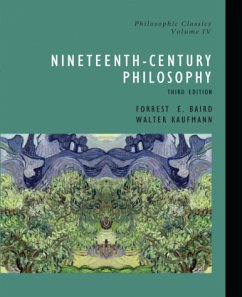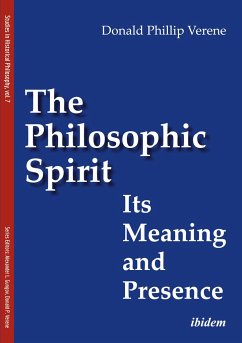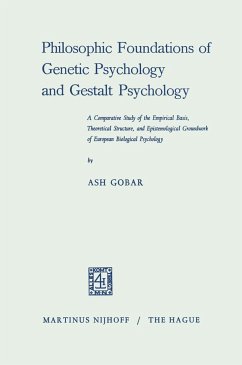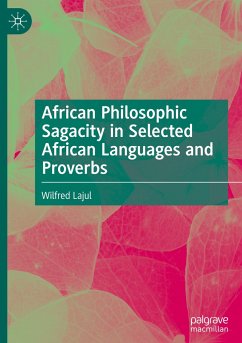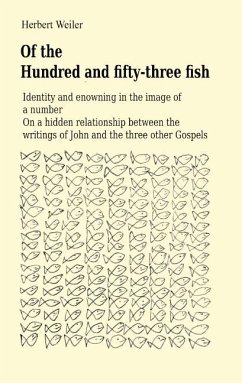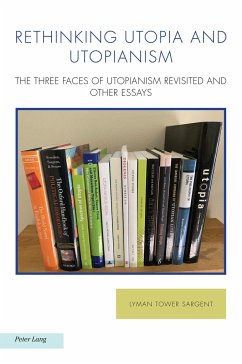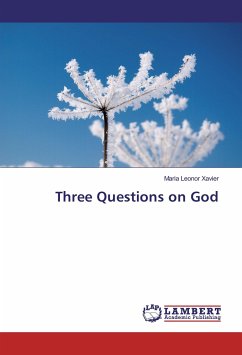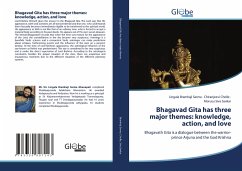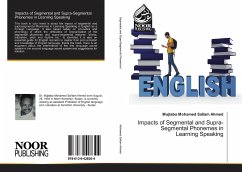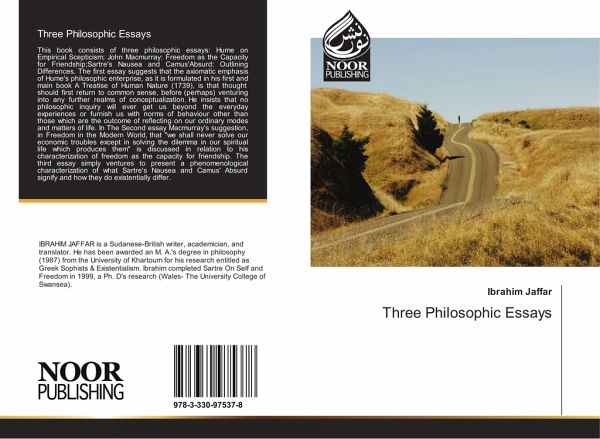
Three Philosophic Essays
Versandkostenfrei!
Versandfertig in 1-2 Wochen
24,99 €
inkl. MwSt.

PAYBACK Punkte
12 °P sammeln!
This book consists of three philosophic essays: Hume on Empirical Scepticism; John Macmurray: Freedom as the Capacity for Friendship;Sartre's Nausea and Camus'Absurd: Outlining Differences. The first essay suggests that the axiomatic emphasis of Hume's philosophic enterprise, as it is formulated in his first and main book A Treatise of Human Nature (1739), is that thought should first return to common sense, before (perhaps) venturing into any further realms of conceptualization. He insists that no philosophic inquiry will ever get us beyond the everyday experiences or furnish us with norms of...
This book consists of three philosophic essays: Hume on Empirical Scepticism; John Macmurray: Freedom as the Capacity for Friendship;Sartre's Nausea and Camus'Absurd: Outlining Differences. The first essay suggests that the axiomatic emphasis of Hume's philosophic enterprise, as it is formulated in his first and main book A Treatise of Human Nature (1739), is that thought should first return to common sense, before (perhaps) venturing into any further realms of conceptualization. He insists that no philosophic inquiry will ever get us beyond the everyday experiences or furnish us with norms of behaviour other than those which are the outcome of reflecting on our ordinary modes and matters of life. In The Second essay Macmurray's suggestion, in Freedom in the Modern World, that "we shall never solve our economic troubles except in solving the dilemma in our spiritual life which produces them" is discussed in relation to his characterization of freedom as the capacity for friendship. The third essay simply ventures to present a phenomenological characterization of what Sartre's Nausea and Camus' Absurd signify and how they do existentially differ.



